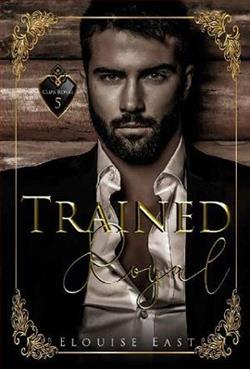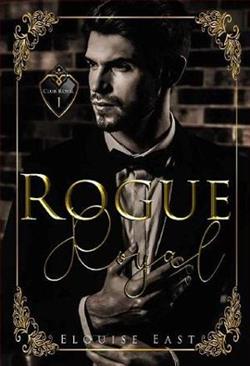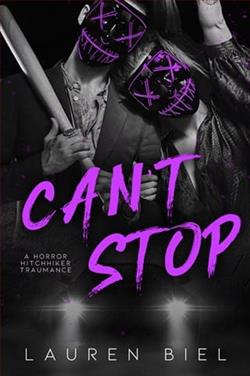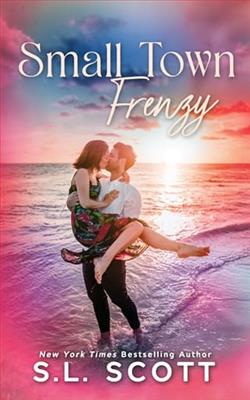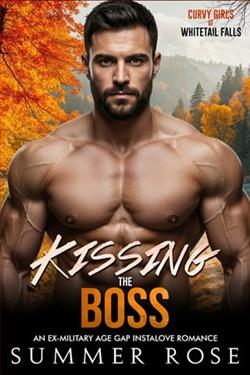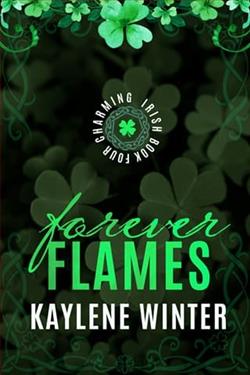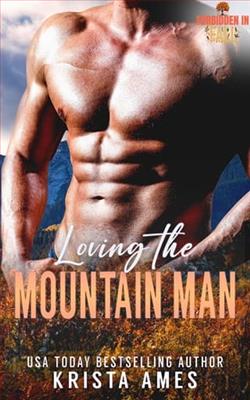Page 187 of It Happened on the Lake
“Where was he?”
“I don’t know, he never said.” She played with her cup, spinning it slowly in front of her on the table. “I thought he was there because his car was in the drive, but no one answered. So I walked around back, thinking he might be on the dock, you know, having a cigarette or something, but it seemed like the place was empty.” She hesitated, and he waited her out. “I asked him about it later, and he said he’d gone for a walk, but . . .” She stopped twirling the cup.
“But what?”
“The boat,” she said, biting her lip. “It wasn’t in the boathouse. I looked, thinking that maybe, you know, he was working on it or something, but it wasn’t there. He wasn’t either. I thought maybe you’d taken it out or something.” Her face had turned pale as death. “And then? Later? I heard that Chase Hunt was missing and Olivia Dixon had died because Harper had left her to meet Chase . . . oh, I don’t know what I thought.” She swallowed hard.
“Did you give a statement to the police?” he asked.
“No one ever asked.”
“Because you didn’t live on the lake any longer and no one knew you’d been at Dad’s?” he guessed.
“And . . .” Once more, she looked out the window, but the hummingbird had flown off. “And I wanted to stay out of it. I didn’t want to get anyone in trouble.”
“So you never went to the station to make a statement.”
She was shaking her head, fighting tears.
“And Dad never asked you anything.”
“No.” She sniffed and cleared her throat. “Kent told me to stay out of it, that it was none of our business.” She pushed a curl behind her ear. “If your dad would have been suspended or called on the carpet, it would have been bad. For all of us . . .”
Rand’s gut tightened.
She went on, “Gerry had a career, was a good cop.”
Was he?
Always.
“But you didn’t trust him,” Rand accused.
“That worked two ways,” she whispered, and Rand felt his gut churn, remembering their fights, the accusations, the anger and tears before they’d split up. He’d ended up with his father because Kent Eldridge hadn’t been interested in a stepson. They’d tried it for a few months. It hadn’t worked out.
“You get half of Dad’s retirement,” he said flatly.
“That had nothing to do with it!” she said, offended, but he remembered that Kent had been buying his practice at the time, so it was a possibility that the thought of a steady paycheck would have been tempting. He saw it on his mother’s face. The shame.
Jesus.
“I’ve got to go,” he said, scooting his chair back and standing. He’d learned what he needed to know.
“Oh. But . . .”
He saw the regret in her eyes as she walked him to the door. “I’m sorry,” she said, touching him on the arm, and their gazes locked.
“For?”
“Everything.”
His jaw grew rock hard, but he managed to say, “Yeah. Me, too.”
And then he took off, striding through the drizzle to his Jeep.
Bothered, his thoughts moving in dark directions, he drove directly to Lynx Hills Country Club located south of the city. Set on rolling hills in a cleared area that had once been a forest of old-growth timber, the course offered views of the wide Willamette River beyond which the Cascade Mountains rose in the distance, though today their craggy snowcapped peaks were obscured by the low cloud cover.
He parked in one of the guest slots, dashed through the rain, and walked into the clubhouse. No one was manning the desk, and no golfers were visible through the floor-to-ceiling windows overlooking the course.








